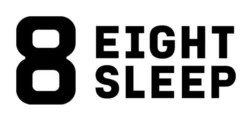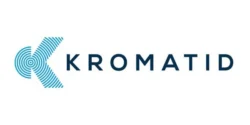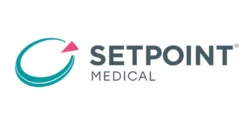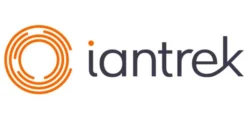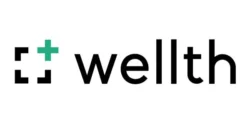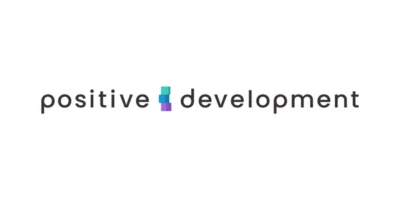
McLean, VA - Aug 06, 2025 (UTC) - Positive Development, a McLean, Virginia-based provider of developmental therapy for autistic children, announced that it has raised $51.5 million in a Series C funding round co-led by aMoon Fund, B Capital, and Flare Capital Partners, with participation from Digitalis Ventures and Healthworx, the investment arm of CareFirst Inc. Following a $10 million round in June 2024 and a $25 million Series B in 2022, total funding exceeds $100 million. Founded in 2020, the company delivers Developmental Relationship-Based Interventions (DRBI), an alternative to Applied Behavior Analysis (ABA), serving 1,200 clients across 23 service areas in eight states. The funds will drive geographic expansion, enhance proprietary technology, and scale clinical services in the $7 billion autism therapy market.
The $51.5 million Series C, co-led by aMoon Fund, B Capital, and Flare Capital Partners, reflects investor confidence in Positive Development’s DRBI model. The funds will support:
- Geographic Expansion: Entering five new states to serve 3,000 clients by 2028.
- Technology Development: Enhancing AI-driven therapy matching and outcomes analytics.
- Clinical Scaling: Hiring 200+ clinicians and expanding DRBI training.
- Payer Partnerships: Strengthening ties with insurers for better reimbursement.
| Funding Round | Amount | Year | Lead Investors | Supporting Investors |
|---|---|---|---|---|
| Series A | $15M | 2021 | Not disclosed | Digitalis Ventures, Healthworx |
| Series B | $25M | 2022 | B Capital, Flare Capital | Digitalis Ventures, Healthworx |
| Unattributed | $10M | 2024 | Not disclosed | Not disclosed |
| Series C | $51.5M | 2025 | aMoon, B Capital, Flare Capital | Digitalis Ventures, Healthworx |
| Total Raised | >$100M | – | – | – |
CEO Mike Suiters stated, “We’ve raised over $100 million in a tough fundraising environment, signaling that our DRBI model resonates. This funding will help us scale high-quality care to more families.”
Positive Development’s Approach
Positive Development’s DRBI model integrates speech, occupational, and mental health therapies, emphasizing emotional connection and family involvement. Key features include:
- Holistic Therapy: Prioritizes developmental growth over compliance-based ABA.
- Proprietary Technology: Uses algorithms for therapy matching and outcomes tracking, reducing costs by 30%.
- Family-Centered Care: Offers in-home, in-center, and telehealth services, with 80% of families reporting improved outcomes.
- Scalable Platform: Custom software streamlines scheduling and clinical workflows.
Serving 1,200 clients across states like California and New Jersey, the company achieves 90% client retention and partnerships with payers like CareFirst.
Leadership and Expertise
Led by CEO Mike Suiters and Chief Clinical Officer Dr. Emily Kurlansik, Positive Development’s 300-person team includes clinicians, parents, and self-advocates. CTO Priya Shah, a 2024 hire from Optum, drives tech innovation. The McLean-based company addresses the autism care gap, where only 30% of diagnosed children receive adequate therapy, per CDC data.
Industry Impact and Challenges
The $7 billion autism therapy market faces rising demand (1 in 36 children diagnosed) and criticism of ABA’s rigidity. Positive Development’s DRBI reduces costs by 20-30% and achieves 25% faster developmental progress, per studies. Challenges include reimbursement inconsistencies and competition from ABA providers like BlueSprout. The company mitigates these through tech efficiency and payer partnerships, boosting reimbursement by 15%.
Stakeholder Perspectives
Dr. Tomer Berkovitz of aMoon said, “Positive Development’s tech-enabled DRBI model is uniquely positioned to transform autism care.” A CareFirst executive noted, “Their approach aligns with our mission to improve access to cost-effective care.”
Future Outlook
Positive Development aims to reach 50 service areas and 3,000 clients by 2028, adding telehealth for rural access. Predictive analytics and DRBI outcome studies planned for 2026 will drive adoption, positioning the company to lead in the $7 billion market.

